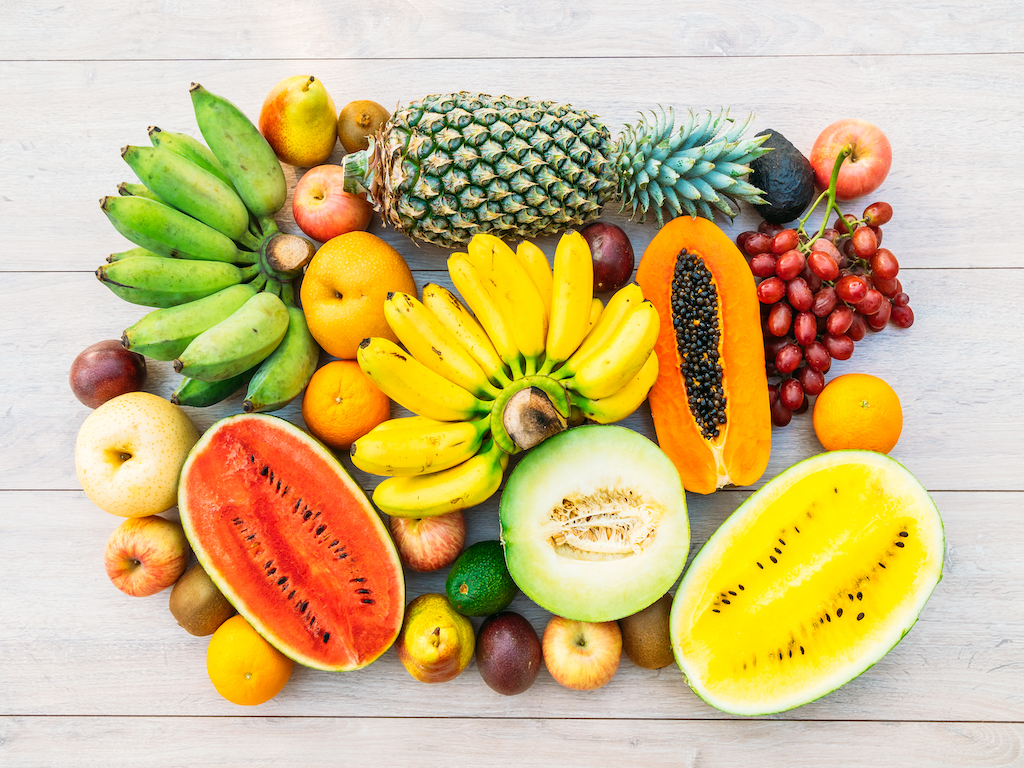4 Mins Read
The concept of ditching all meat and animal by-products might seem a bit radical to some, but thanks to increased global attention towards the climate crisis, younger generations being more attuned to ethical and environmental concerns, and an overall changing consumer environment driven by shoppers looking for do-good brands, veganism is now on an unstoppable rise.
While avoiding meat has always been pretty common, the idea of eliminating all animal derived products in the diet as a part of a broader lifestyle had remained a niche until recently. To many people around the world, especially meat-heavy cultures, veganism feels like an extreme life choice. Vegans often experience pushback on their dietary and lifestyle choices. Most vegans have at least one story of discrimination, with many verging on harassment. With meat considered a crucial part of human evolution, not to mention its ties to a very patriarchal view of masculinity, veganism has often been perceived as a threat by some.
In the past couple of years, there has a been a fundamental shift. In May 2018, the scientific journal Science published seminal research by Oxford University stating that avoiding meat and dairy is the single biggest way to reduce your carbon impact. With scientifically-backed research about the devastating effects of the livestock and dairy industry in the middle of our climate crisis – from generating greenhouse gas emissions that cause global warming to polluting topsoil, contaminating waterways, using up vast land resources and driving demand for deforestation – the world has woken up to the ills of our broken food systems and the need to transition to a more plant-based existence.
Alongside the environmental conversation are mountains of medical studies establishing a correlation between meat and dairy consumption with poor health and chronic diseases. Not to mention the additional ethical reasons to go plant-based with social media playing a huge part in the rise in awareness about animal cruelty.
READ: Top 6 Nutrients You Need & Where To Get Them (No Pills)
Veganism is officially “mainstream” and no longer considered a radical alternative lifestyle. Life for vegans and plant-based adherents has improved drastically compared to 5 or 10 years ago- from soggy salads to burgers that look, taste and feel just like meat.
Here’s a number to consider: Global Google searches for veganism have increased by 550% over the past 5 years. Nowadays, even dedicated omnivores have accepted and recognise the exponential growth of veganism. Much of it has indeed been driven by the more health and eco-conscious younger generation, not to mention the wave of celebrity influencers who have publicly professed their plant-based commitment – take Ariana Grande and Ellen Degeneres, for example.
READ: Students Tell World “There Is No Planet B” In Global Climate Strikes Across Asia
Even vegan festivals are on the rise and big meat manufacturers are investing in plant-based meat alternatives and partnering up with food tech startups to launch vegan-friendly products. Food tech pioneers, such as Beyond Meat and Impossible Foods have shown the world that meat can indeed come from plants. The two companies have also played a huge part in legitimising the vegan industry business-wise with Beyond Meat celebrating the world’s first ever vegan IPO (and 2019’s most successful offering period) and Impossible Foods raising almost USD 700 million in funding.
The rise of veganism isn’t just happening in the Western world – the movement is gaining major ground right here in Asia. Just in Southeast Asia alone new vegetarian and vegan product launches have increased by 440% since 2016, according to FAIRR.
China is a market leader with its ever-increasing population of young, middle-class consumers who are looking for healthier options. According to a recent survey, Chinese and Indian consumers are “extremely likely” to try plant-based alternatives, demonstrating higher openness than American participants. Not only have plant-based startups such as Oatly launched in China to tap into this market, the country has also welcomed home-grown additions such as Zhenmeat and Hong Kong’s own Omnipork. Even established food manufacturers such as Nongfu Spring are getting in on it, with the giant debuted a vegan range of yogurt alternatives earlier this year.
While there are very few estimates on how many vegans there are worldwide as most countries do not record this data, some current research shows that in the near future, 1 in 10 people will be vegan. These figures are encouraging, but it shows there still remains a long way to go to get the whole planet involved taking action against the most important global issues of our time, which will undoubtedly affect us here in Asia the most. Here’s to hoping that this World Vegan Month will encourage more to join in on the unstoppable rise of the vegan for a kinder, more environmentally friendly future
Lead image courtesy of Freepik.




